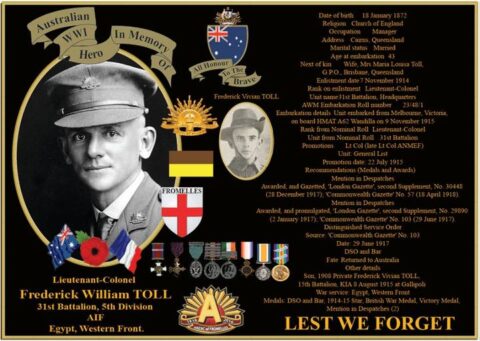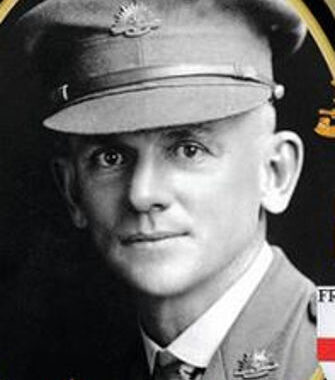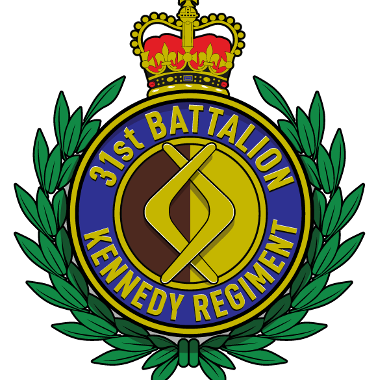The following is a contribution located by Association member Mick James – “I don’t think I have posted this before. It is a report on the Battle of Fromelles (referred to as Fleurbaix which was the village on the Allied side.)
It was a letter to the Editor of the Brisbane Courier in 1919 by LtCol Fred Toll DSO &Bar. His initial DSO was awarded for his actions in this Battle. The reference to ”remembering Gallipoli” is remembering his only son who was KIA at Galipoli.”
–

Thanks to our Honorary Member in France Pierre Seillier for
His great Tribute to Fred & his son Vivian.
–
Brisbane Courier Fri 18 July 1919
THE BATTLE OF FLEURBAIX
LEST WE FORGET
TO THE EDITOR
Sir,- The 19th July is the anniversary of the era which marks one of the greatest tragedies of the past war affecting the Australian Army. Little has been given through the medium of the Press of the first battle in France in which Australian soldiers were engaged. I feel it is my duty, as the late commander of a battalion that was engaged and sorely depleted in this awful struggle, to write a brief account in memory of my comrades who died on that fateful day.
With the splendid traditions of Gallipoli to follow, do you wonder that every man of the newly-formed Fifth Division vied with each other in his training and preparation for big things. For six hard months on the desert sands of Egypt they toiled and trained, and studied the problems of the future. This six months of close association had another effect, and that was to effect a comradeship between all ranks, which created that feeling of confidence and loyalty necessary for the future success of great doings.
To this stage I can assure you the battalions of the Fifth Division, had attained, especially may I speak of the Eighth Brigade, comprising the 29th, 30th 31st and 32nd Battalions. To the 31st and 32nd Battalions was allotted the task of the assault on the enemies’ stronghold on the fateful day of July 19 1916, at Fleurbaix. The history of this terrible period may never be complete, but the memory of our beloved comrades who gave their lives and the presence of those who were maimed by that engagement should be as sacred to us as the memory of our own dead.
You who may read these cold lines will never realise what those men went though without the slightest thought of self. A great forlorn hope, in agony of despair in many cases, after being battered about all day, for the enemy had gained information about the intended attack, and tried to demoralise our men with intense artillery fire. During the whole of the day (July 19) our men had to stand through a veritable hell. It would be cruel to attempt to describe the horror of that day, for the feelings of those who mourn this day their beloved, I would refrain from details. Before the attack was launched (zero hour being at 6.00 pm) more than half the attacking battalions were casualties. From this shambles, at the given signal, the remaining heroes followed their officers who were left to them, over the now blasted and torn breastworks, only to meet a withering fire from the enemies guns and bombs, but this had no effect on those determined men. On and across the awful “No Man’s Land”, and into the enemies’ breastworks, with bayonet and bomb they destroyed those who resisted. Can you wonder that one saw red at such a time? Lucky are you who have been spared such sights, for strong men went mad, others wept at the sights.
The records of splendid deeds of this battle will compare with any of the history of the war. The writer was spared to come out of this alive, and to see many another battlefield, and many brave deeds, but nothing surpasses those that took place at Fleurbaix on July 19 and 20 1916. In penning these lines to the memory of my comrades who fell at Fleurbaix, it is with the hope that those who mourn for them might feel a little consolation in that, though the bells of peace and joy ring out, and merriment abound, there are still those who will remember their splendid comrades who made the world-famed reputation of the Australian Army what it is today. It is to those heroes, the cream of Australian manhood, who laid down their lives in the first great battles, that we owe our great traditions and examples.
So it appears to one who has reason to remember Gallipoli, that this time of rejoicing should be tempered with a little regard and thought for those whose hearts are sad. In conclusion, it may enlighten your readers to know the special reason of the attack at Fleurbaix on July 19, 1916, was to draw off the overwhelming reserves of the enemy, who at this time threatened to smash our lines in the southern area, in which some of our own countrymen were fighting for dear life, that the Fifth Division was thrown into the vortex, with the result that it stopped the enemy’s attacks, drew off his reserves, and caused considerable loss to his forces. With this knowledge in front of us at the beginning, also that little or no support would be available, and a very limited amount of reserve ammunition for our guns, can you appreciate why I place on record the Battle of Fleurbaix as being the finest exhibition of bravery of Australian troops in France or Belgium. All honour to our splendid dead. I salute your memory, my comrades. I am, sir, &c,
FRED W. TOLL Lt-Col
Late Commander 31st Battalion A.I.F.
–

